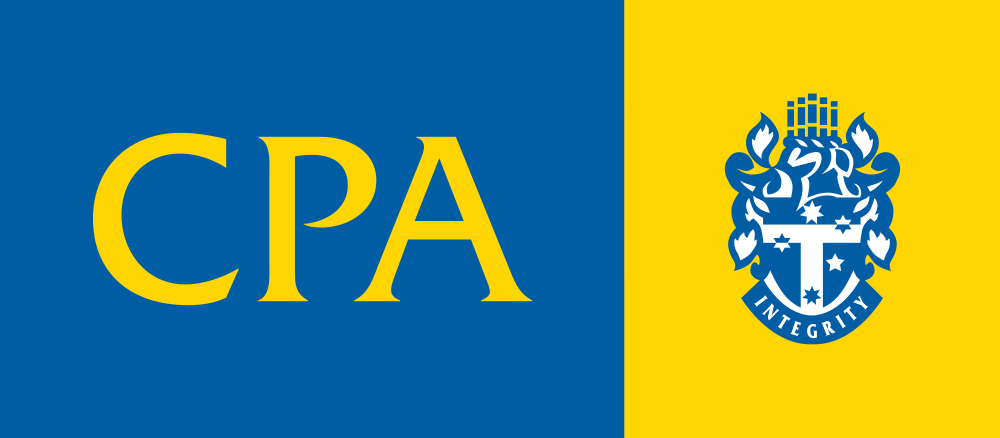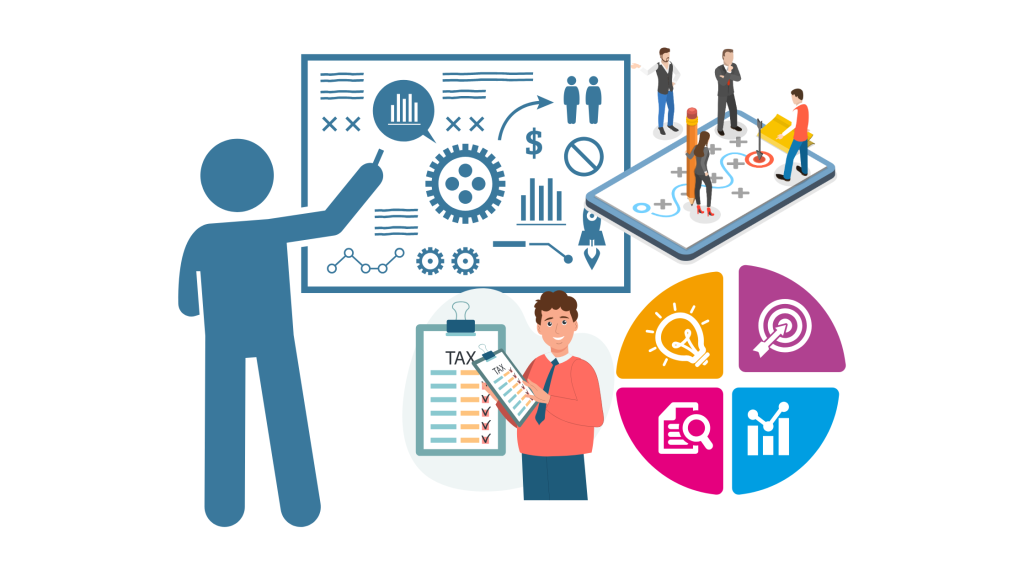Tax planning is essential for Australian businesses to minimize tax liabilities and stay compliant with regulations. With 2025 bringing new changes in tax laws and incentives, businesses must be proactive in their approach. This guide will cover key areas to focus on to improve tax efficiency and ensure compliance with the Australian Taxation Office (ATO).
Maximizing Deductions
Identifying Eligible Deductions
Businesses can claim deductions on various expenses to reduce taxable income. Some common deductible expenses include:
- Office rent and utilities
- Employee wages and superannuation contributions
- Business-related travel and vehicle expenses
- Marketing and advertising costs
- Office supplies and equipment
- Insurance premiums
Capital expenditures, such as purchasing machinery, tools, and office furniture, may also qualify for deductions under specific tax rules.
Optimizing Depreciation Strategies
Depreciation allows businesses to claim tax deductions on assets over time. Key strategies include:
- Instant Asset Write-Off: Small businesses may be eligible to deduct the full cost of assets immediately instead of spreading it over several years.
- Accelerated Depreciation: Some assets qualify for faster depreciation rates, allowing businesses to claim deductions sooner.
- Choosing the Right Depreciation Method: Options include the diminishing value method (higher deductions upfront) or the prime cost method (equal deductions over the asset’s life).
Leveraging Incentives and Rebates
The government offers tax incentives to encourage business growth and investment. Some available options include:
- R&D Tax Incentive: Businesses conducting eligible research and development can claim tax benefits.
- Small Business Tax Offset: Eligible businesses may receive a tax discount.
- Energy Efficiency Rebates: Grants and rebates for businesses investing in energy-efficient equipment.
To access these benefits, businesses must meet eligibility criteria and complete the necessary application processes.
Efficient Financial Structuring
Reviewing Entity Structure
Choosing the right business structure can significantly impact tax obligations. Common structures include:
- Sole Trader: Simple setup but higher personal liability.
- Partnership: Shared responsibilities and tax burdens.
- Company: Offers limited liability and potential tax advantages.
- Trust: Useful for asset protection and tax distribution among beneficiaries.
Reviewing the business structure periodically ensures it remains the most tax-efficient option.
Managing Income Streams
Diversifying income sources and managing when income is recognized can influence tax liabilities. Strategies include:
- Spreading income across multiple financial years to stay in lower tax brackets.
- Using trusts or other structures to distribute income more effectively.
- Exploring additional revenue streams to stabilize cash flow and minimize risk.
Superannuation and Retirement Planning
Superannuation contributions offer tax benefits while securing retirement savings. Effective strategies include:
- Making Voluntary Contributions: Extra contributions can lower taxable income.
- Utilizing Concessional Contributions: Contributions up to the annual cap are taxed at a lower rate.
- Exploring Self-Managed Super Funds (SMSF): Business owners may consider an SMSF for greater control over their super investments.
Staying Compliant with ATO Regulations
Understanding Evolving Tax Laws
Tax laws change frequently, and businesses must stay updated on:
- New deductions and incentives introduced by the government.
- Adjustments to corporate tax rates.
- ATO rulings that impact specific industries.
Keeping up with these changes helps businesses avoid penalties and maximize benefits.
Implementing Robust Recordkeeping
Proper recordkeeping is crucial for accurate tax reporting and audit preparedness. Best practices include:
- Maintaining digital and physical copies of receipts and invoices.
- Using accounting software to track income and expenses.
- Keeping records for at least five years, as required by the ATO.
Seeking Professional Guidance
Consulting with a tax professional can help businesses optimize their tax strategy. Benefits of working with an expert include:
- Tailored tax planning strategies to maximize deductions and incentives.
- Assistance with complex tax compliance requirements.
- Guidance on structuring the business for long-term tax efficiency.
Effective tax planning is crucial for Australian businesses to minimize liabilities and stay compliant. By maximizing deductions, structuring finances efficiently, and keeping up with ATO regulations, businesses can improve their financial health. Now is the time to review tax strategies and seek professional advice to ensure a successful 2025 tax year.



